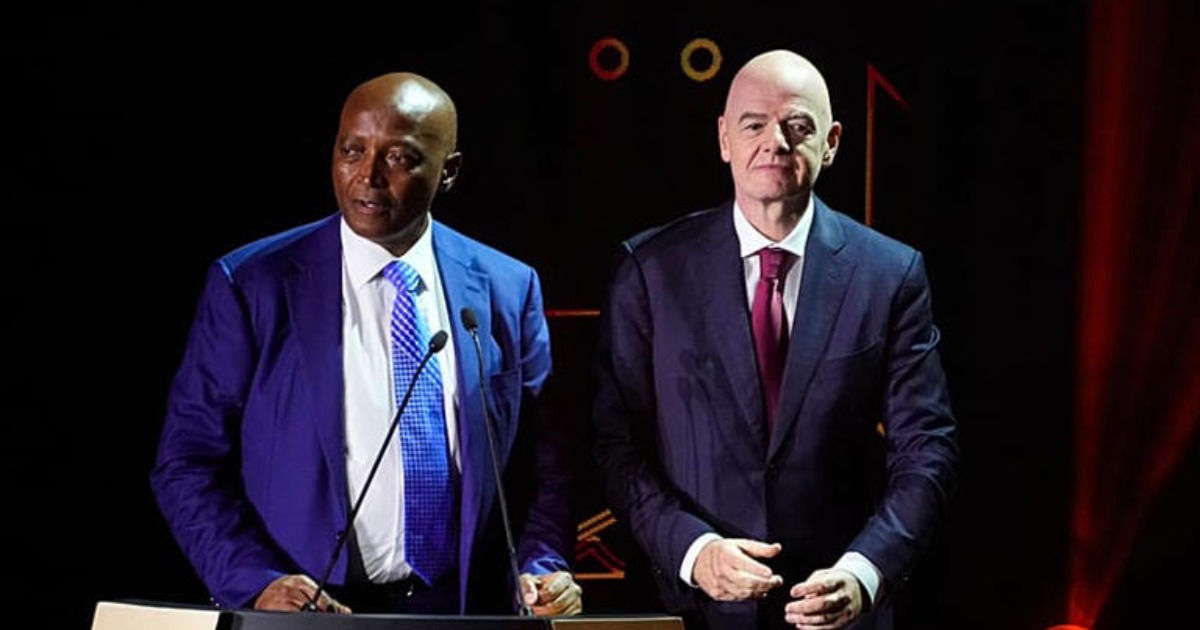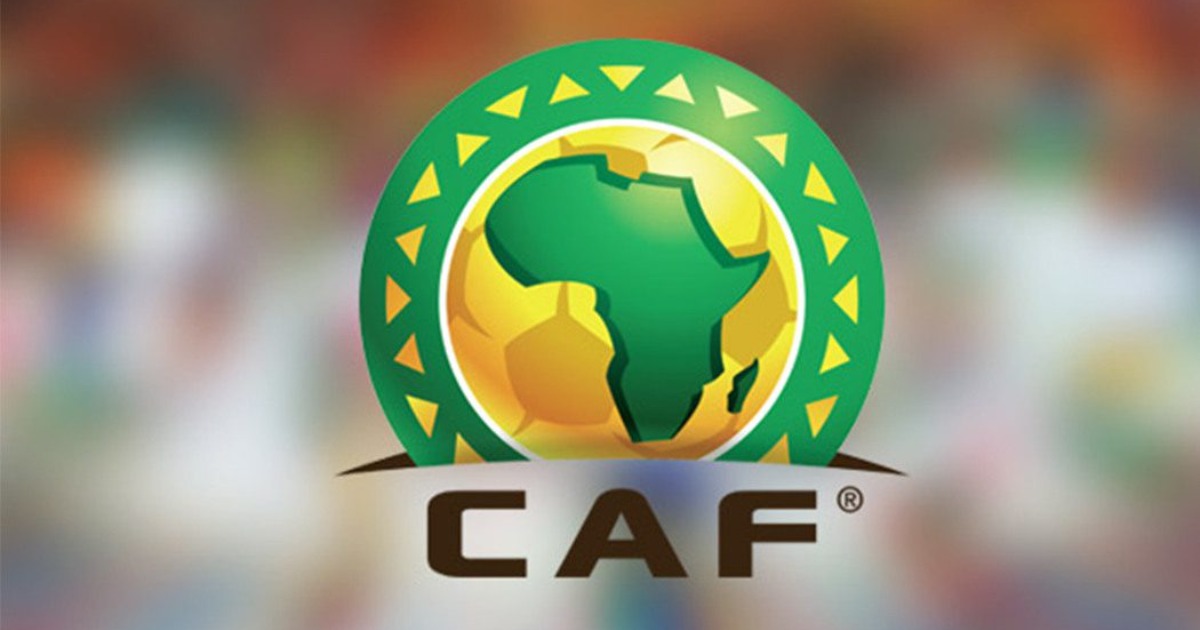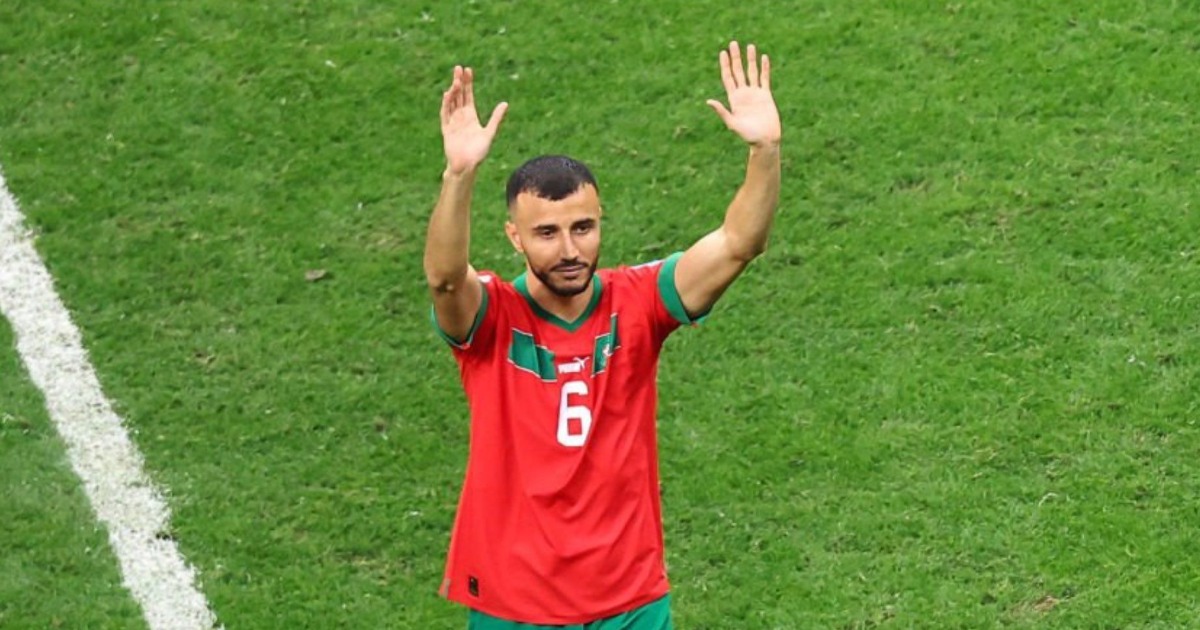As part of an instructional outreach for the U20 Cup of Nations, the Egyptian Anti-Doping Organization, EGY-NADO, working in collaboration with the Confederation of African Football, which tests, educate, and support Egyptian athletes in accordance with the World Anti-Doping Agency, recently visited the Sierra Leone and the Egyptian U-20 team.
The EGY-NADO team talked to officials and players from both teams during the visit about the dangers related to taking any kind of forbidden drug as athletes. They offered direction on how to avoid consuming banned substances or employing unauthorized techniques by outlining the rights and responsibilities of athletes.
Fair play in sports means competing based on skill and training, not using performance-enhancing drugs. Speakers warned that banned substances can cause lasting harm and stressed that strict rules are essential to maintain fairness in sports.
EGY-NADO officials cautioned medical personnel and athletes alike regarding their right to know what they were putting into their bodies. They went on to detail a few of the prohibited drugs and techniques physicians and athletes must be aware of in order to safeguard the players’ welfare.
Among the prohibited drugs are steroids, EPO/blood doping agents, stimulants, diuretics, masking agents, and Beta-2 agonists. The presentation also addressed what qualifies as a Doping Violation (ADRVs), the procedures used in doping control, and who is qualified for testing.







